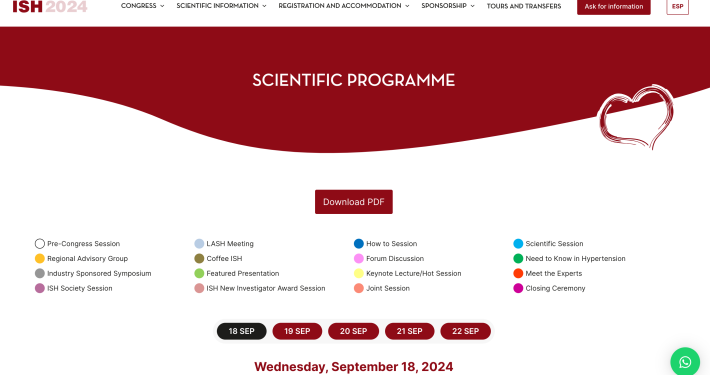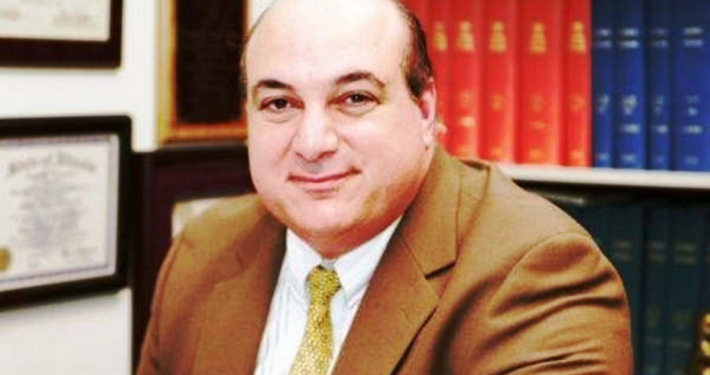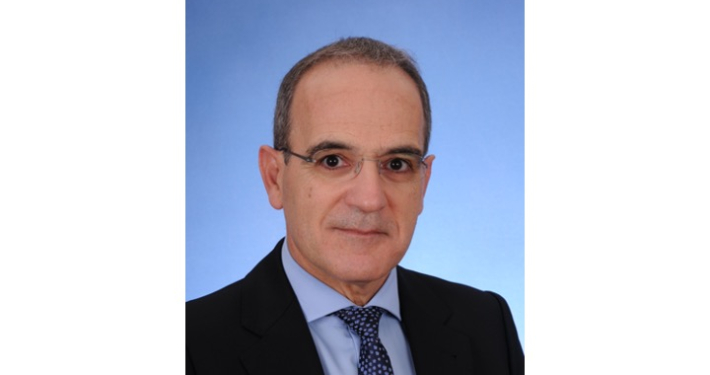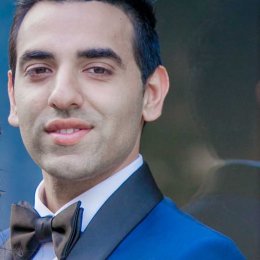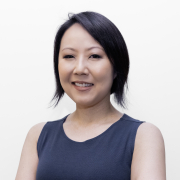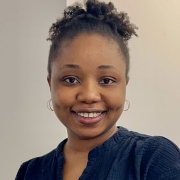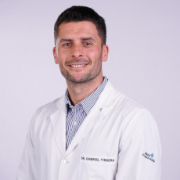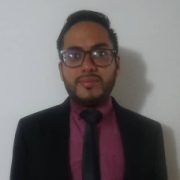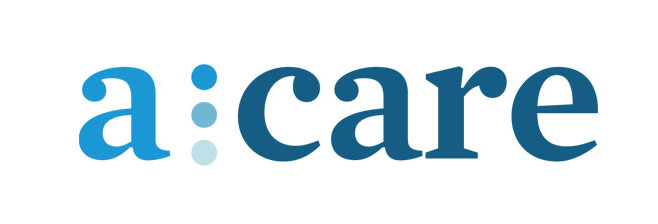How did you become interested in research relating to Hypertension and Cardiovascular Disease?
Risk factor modification in cardiovascular disease is the cornerstone of both primary and secondary prevention. My interest in this area started during my medicine residency, as I realized the importance of hypertension management with a focus on lifestyle and dietary modification, pharmacologic therapy as well as ensuring compliance, and identifying the reason for non-compliance in patients.
Describe your research & the program/lab (info of your supervisor) that you are in?
My research involves identifying physician and patient compliance with secondary prevention targets in patients with known stable coronary artery disease, identifying methods to increase compliance with guideline recommended therapy (including newer cardiovascular agents), and looking at social vulnerability in patients with cardiovascular disease to identify non-pharmacologic strategies to improve outcomes in these patients.
What do you consider to be your substantial scientific contribution so far (provide Pubmed PMID if possible)?
A project which I found most interesting was a global registry with Canadian patients with known stable coronary artery disease. Our findings suggest that patients in our Country did not meet several guideline-recommended secondary prevention targets, despite high use of evidence-based therapy, extensive financial coverage for these medications, and low physician underestimation of risk. PMID: 24238756
What is your favourite manuscript from a lab or mentor other than your own (provide Pubmed PMID if possible)?
The CHEER study was published in 1998 in the New England Journal of Medicine which revolutionized the way we assess patients with chest pain in the emergency department. This study demonstrated that a chest pain unit in the emergency department could safely assess patients with suspected angina without hospital admission, which lead to early discharge and a decrease in healthcare costs and burden. Pubmed ID: 9862943
Where do your research strengths lie? Why? What are your research weaknesses? How will you improve?
My research strengths are largely attributed to my clinical experience as a medical resident and cardiology fellow. As physicians on the front-line seeing patients daily, it provides a new insight into research topics and can provide a real-world perspective and help apply epidemiologic concepts to actual patient care. My weaknesses lie in the fact that I do not have any formal research training such as a masters degree or PHD.
Describe your unforgettable (proudest) moment in science, and the most challenging situation that you have had to overcome (lessons learnt) so far?
My proudest moment in research so far was my very first manuscript published, a review article that was accepted in the American Journal of Medicine. I had no prior research experience, and it was initially frustrating and challenging to learn methodology, and translate my thoughts to a written format. However I persevered and with excellent mentorship and guidance I was successful. This accomplishment and challenge has fuelled me to continue research.
At which conference did you first present? How was your experience?
My first conference that I presented at was at the Canadian Cardiovascular Congress. I was nervous, and to overcome this I prepared for any possible questions that would come my way. It was a rewarding experience and I recommend it to all learners as it gives you unique insight into the research world.
How did you learn about ISH/NIN and its activities?
I learned through Dr. Fady Shmouni.
What area(s) do you wish to specialize in the future?
I will continue to train in cardiology and see where the road takes me.
Who is your role model in Science? Why?
I have been fortunate to have several mentors and role models who have taken the time and effort to help guide my down a path that I challenge myself to be the very best. These individuals have provided me not only a professional framework but moral and ethical insight which I value greatly.
What are your scientific goals? Advise for talented emerging scientists?
My scientific goals are to continue to contribute to the literature with the overall goal to improve patient care. My advice for emerging scientists is to follow your heart, do you what you love, and listen to others feedback. At the end of the day, if you do what you feel is right you will have no regrets in life.

